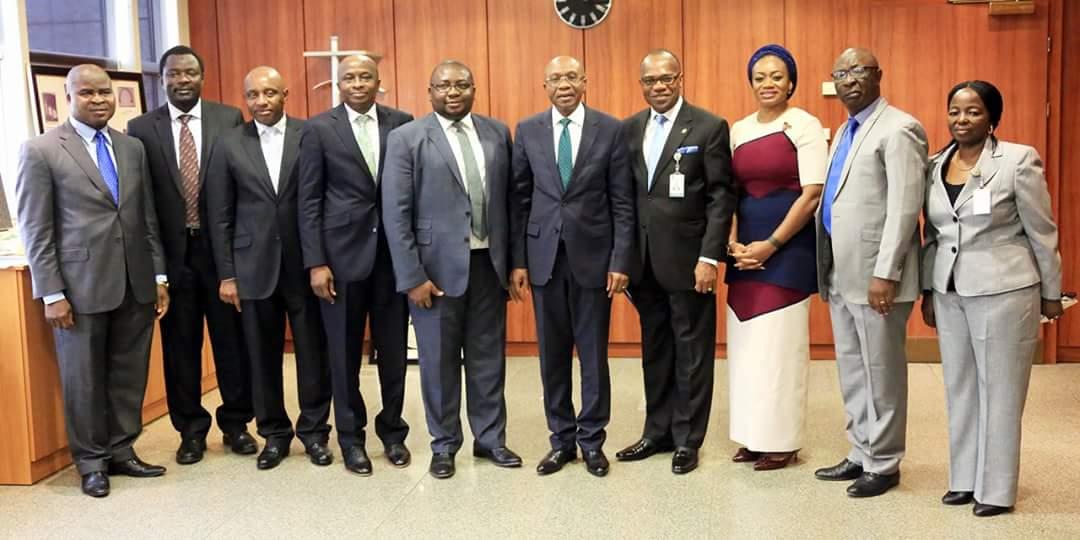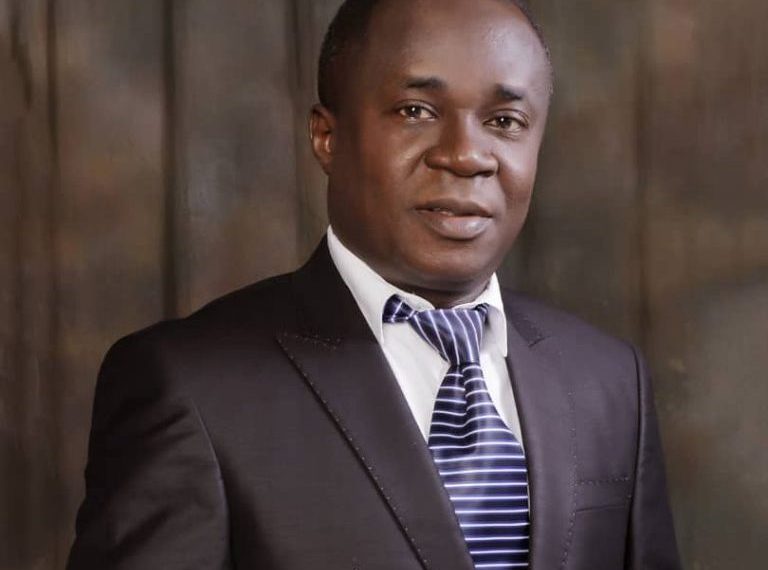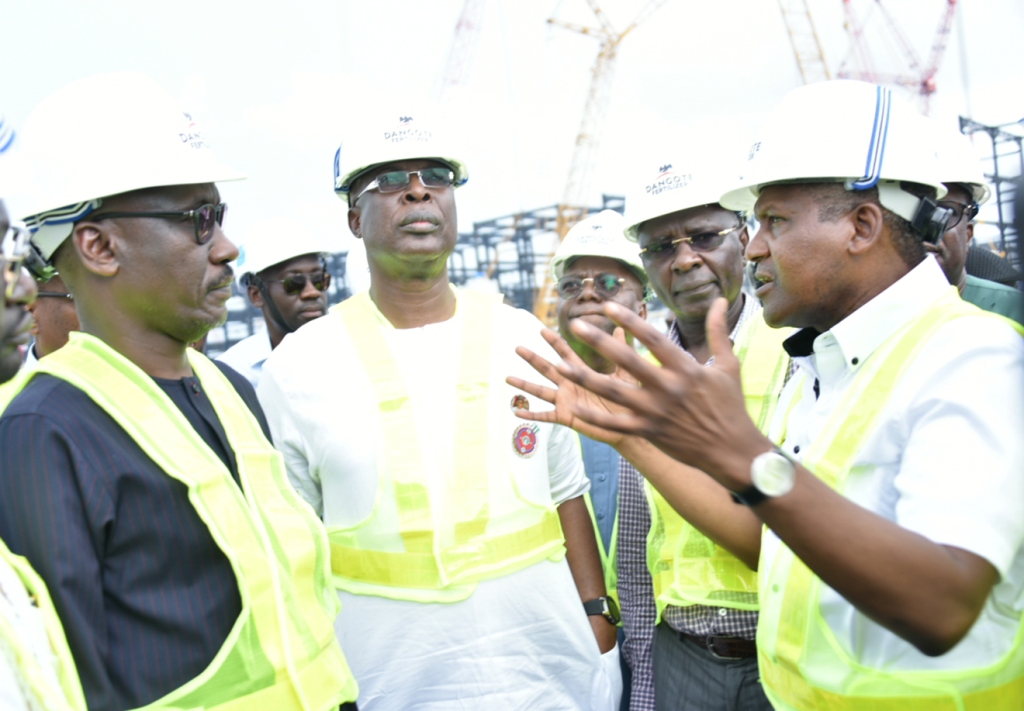Starting from today, Monday, September 24, 2018, the Monetary Policy Committee (MPC) of the Central bank of Nigeria (CBN), will commence its two-day monetary policy meeting in a period of rising electioneering heat and unpredictable outlook from the ever-rising US/China trade crisis.
Already, financial pundits are seeing rowdy global economic momentum from the increasing downside risks related to the trade war between U.S and China and currency routs in emerging markets relative to mixed domestic landscape.
On the global front, policy environment remains tight, with the U.S Fed strongly committed to further interest rate hikes before year end, in addition to the two implemented thus far. Elsewhere in emerging markets, following massive assets sell offs and sharp slide in local currency, Turkey and Argentina hiked benchmark interest rate by 625bps and 1500bps to 24% and 60% respectively.
Again, on the domestic scene, even as economic growth remains positive, together with stability in the different strata of the currency market, slower growth in Q2 and renewed inflationary worries, combined with the unrelenting capital flight, should leave the Committee unease.
Analysts at Codros Capital say “In our view, whilst fragile growth, depressed consumer spending, and the need to stimulate domestic investment present a substantial case for a rate cut, we think the case is negated by the rising liquidity profile, with attendant risk to FX reserve and currency stability”.
“On the flip side, while the renewed headline inflationary pressures combined with continued apprehension of foreign investors towards naira asset have increased the possibility of a rate hike, we believe that decision would further impede the CBN’s recent effort at directing credit to the employment elastic sectors via the Differentiated Cash Reserve Requirement (DCRR) and Corporate Bonds (CB).
“Overall, amidst persistent capital flight and renewed inflationary worries, we expect the MPC to hold its policy parameters unchanged, while leveraging on the OMO channels to continue liquidity management.
Decisions will be announced tomorrow Tuesday as observers go for retaining of templates as they stand now to limit shocks going forward.
Already, the South Africa’s central bank last week in its MPC review meeting left its benchmark repo rate at 6.5 percent, with the bank’s governor striking a more hawkish note than at the last rate meeting in July.
The rate decision by the South African Reserve Bank (SARB) was closely watched after its emerging-market peers Turkey and Russia raised their main lending rates. Four members of the Monetary Policy Committee voted for no change in rates; three voted for a 25-basis-point increase. The ruling African National Congress, which President Cyril Ramaphosa leads, criticised the decision to leave rates on hold, saying the Reserve Bank should “prioritise the plight of poor South Africans whose cost of living is skyrocketing”. The SARB had to weigh data showing the economy went into recession in the second quarter against risks to its inflation forecasts from the rand, which has lost more than 6 percent since the bank’s last rate meeting in July.
Governor Lesetja Kganyago said the outlook for inflation had deteriorated, mainly because of the weaker rand and higher global oil prices.









